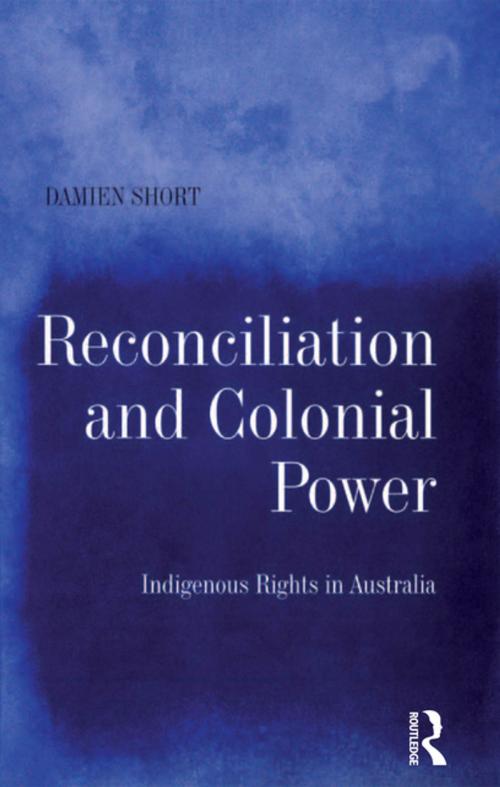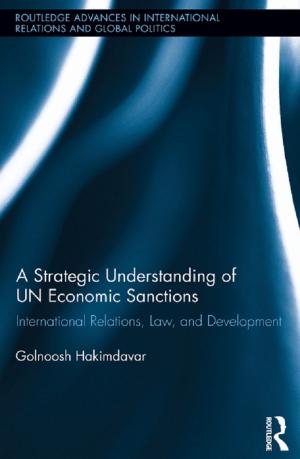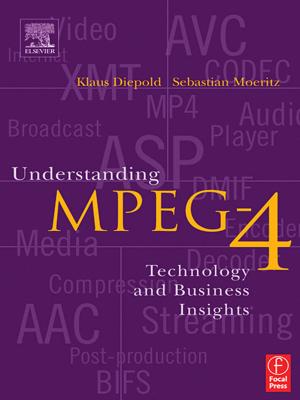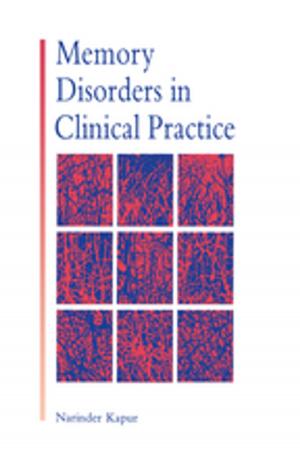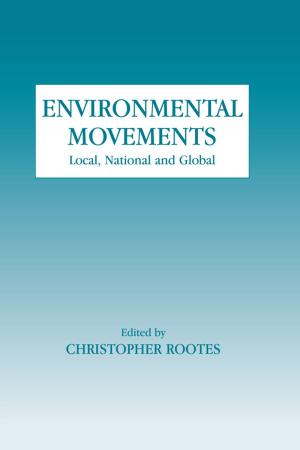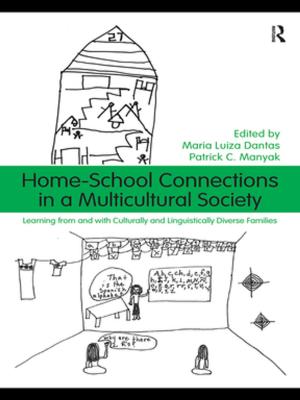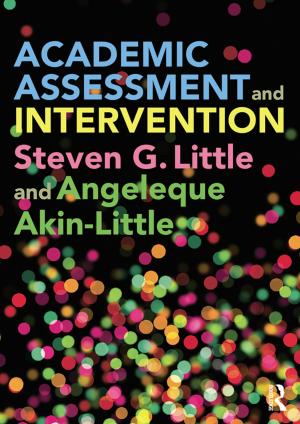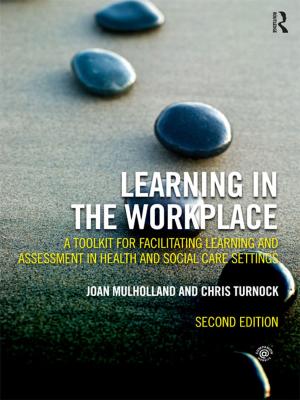Reconciliation and Colonial Power
Indigenous Rights in Australia
Nonfiction, Social & Cultural Studies, Social Science| Author: | Damien Short | ISBN: | 9781317070535 |
| Publisher: | Taylor and Francis | Publication: | April 8, 2016 |
| Imprint: | Routledge | Language: | English |
| Author: | Damien Short |
| ISBN: | 9781317070535 |
| Publisher: | Taylor and Francis |
| Publication: | April 8, 2016 |
| Imprint: | Routledge |
| Language: | English |
In 1991 Australia instigated a national reconciliation project between indigenous and non-indigenous people. Despite being the longest-running reconciliation process, there has been no authoritative study of Australian reconciliation to date. Reconciliation and Colonial Power is the first book to analyze Australian reconciliation as a process, filling a significant gap in theoretical and empirical understanding. Damien Short offers a sociological interpretation of this process which suggests that, rather than being a genuine attempt at atonement, Australian reconciliation is perhaps better understood as the latest stage in the colonial project. He considers the relevance of acknowledgement and apology, restitution and rights, nation building and state legitimacy to the reconciliation project. This work compliments the burgeoning literature on reconciliation theory and practice and provides fertile material for comparisons with reconciliation processes in other countries such as Chile and South Africa.
In 1991 Australia instigated a national reconciliation project between indigenous and non-indigenous people. Despite being the longest-running reconciliation process, there has been no authoritative study of Australian reconciliation to date. Reconciliation and Colonial Power is the first book to analyze Australian reconciliation as a process, filling a significant gap in theoretical and empirical understanding. Damien Short offers a sociological interpretation of this process which suggests that, rather than being a genuine attempt at atonement, Australian reconciliation is perhaps better understood as the latest stage in the colonial project. He considers the relevance of acknowledgement and apology, restitution and rights, nation building and state legitimacy to the reconciliation project. This work compliments the burgeoning literature on reconciliation theory and practice and provides fertile material for comparisons with reconciliation processes in other countries such as Chile and South Africa.
